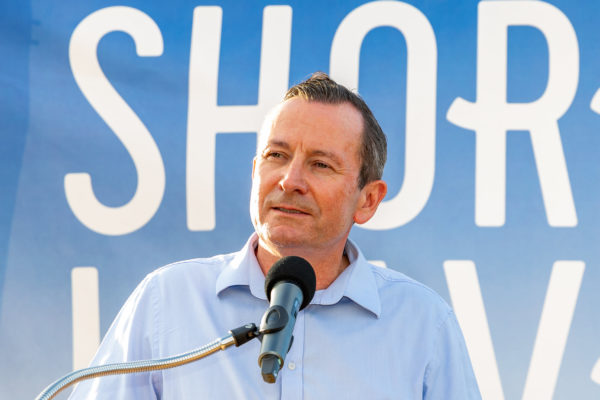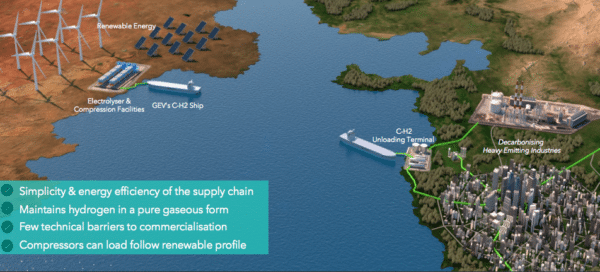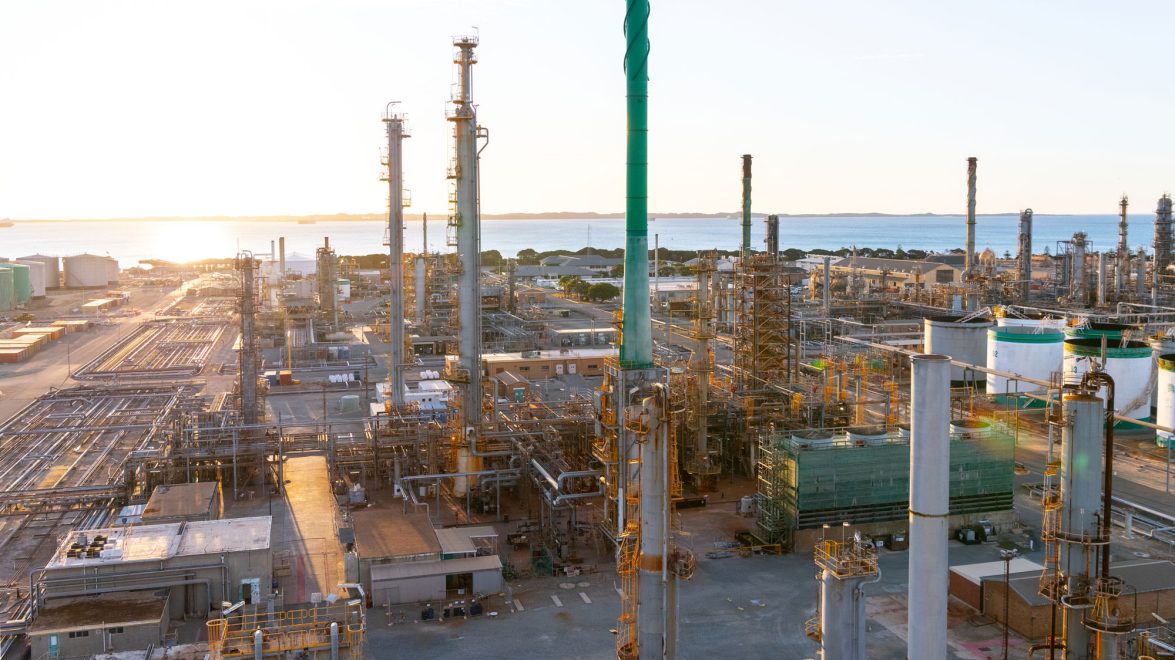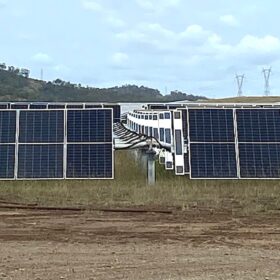Western Australia’s (WA) renewable hydrogen industry received a significant boost yesterday with the McGowan government’s announcement of new $50 million funding to drive green hydrogen ambitions.
The funding builds on the $7.5 million commitment to kick-start the development of Oakajee Strategic Industrial Area as a green energy hub as well as $4 million for the State Government Renewable Hydrogen Unit in the state’s Mid-West and $900,000 toward three industry-led feasibility studies, including bp’s study into the production of green hydrogen at its Kwinana site.
The Oakajee Strategic Industrial Area in the state’s Mid-West has some of the best solar and wind resources in the world. In September 2020 the WA government invited worldwide expressions of interest into its 1.5 GW green energy potential which attracted 65 responses, more than half of which came from international companies.
The $50 million of funding, included in the McGowan government’s 2021-22 Budget, is hoped to stimulate local demand for green hydrogen in both the transport and industrial sectors, to help WA meet its emissions reductions targets, and to progress in its ambition to become a green energy exporter.

Image: Mark McGowan / Facebook
“Hydrogen offers incredible potential for our State,” said Premier Mark McGowan, “with the capacity to sit alongside iron ore or LNG as a major export commodity – supporting local jobs and delivering wealth for all Western Australians.
WA’s Hydrogen Industry Minister Alannah MacTiernan also highlighted renewable hydrogen as “a big opportunity for industries right across WA to reduce their emissions and embrace a cleaner future, and our funding commitment to demand stimulation will help companies take that leap.”
bp’s Kwinana clean energy hub
Along with $300,000 from the WA government’s existing $15 million Renewable Hydrogen Fund, and the support of Macquarie Capital, bp is set to embark on a feasibility study into the production of renewable hydrogen at its Kwinana Oil Refinery south of Perth.
According to bp, the company’s plan is to repurpose the oil refinery into a clean energy hub for the production of renewable fuels. Frédéric Baudry, president of bp Australia and SVP fuels and low carbon solutions for the Asia Pacific, said the repurposing of Kwinana is “Guided by the Federal Government’s Low Emission Technology Investment Roadmap” and plans to advance “bp Kwinana’s contribution to the creation of domestic green value chains and the decarbonisation of Australia’s hard-to-abate sectors, particularly heavy industry, mining and transport.”
Baudry added that “bp is committed to developing solutions that will help accelerate the energy transition in Australia. With our unique capabilities, bp can offer increasingly complex, multi-energy solutions to its partners and customers through their decarbonisation journey.”
Macquarie Capital’s co-head, John Pickhaver, noted that Australia, “and Kwinana in particular – has a number of use cases that support a meaningful green hydrogen industry.”
Further studies
In addition to bp’s feasibility study, APT Management Services and Global Energy Ventures (GEV) will each receive $300,000, with the former looking to study the conversion of the Parmelia gas pipeline into a 100% hydrogen pipeline, and the latter to evaluate the technical and commercial viability of exporting green hydrogen using compressed hydrogen shipping from the Gascoyne region in the state’s northwest to markets throughout the Asia Pacific.

Global Energy Ventures
The Gascoyne is already the focus of global green hydrogen interest, including Province Resources’s HyEnergy Zero Carbon Hydrogen Project with French giant Total Eren. The project plans to install 8 GW of renewable energy in Gascoyne because of the region’s infrastructure, including the Dampier Bunbury Natural Gas Pipeline and the North West Coastal Highway, both of which could prove crucial to a burgeoning green hydrogen export hub.
Toward that end, GEV is currently working on a 2,000t hydrogen carbon ship, although that would first require the successful build of its pilot-scale 430t C-H2 ship by the mid-2020s.
This content is protected by copyright and may not be reused. If you want to cooperate with us and would like to reuse some of our content, please contact: editors@pv-magazine.com.









By submitting this form you agree to pv magazine using your data for the purposes of publishing your comment.
Your personal data will only be disclosed or otherwise transmitted to third parties for the purposes of spam filtering or if this is necessary for technical maintenance of the website. Any other transfer to third parties will not take place unless this is justified on the basis of applicable data protection regulations or if pv magazine is legally obliged to do so.
You may revoke this consent at any time with effect for the future, in which case your personal data will be deleted immediately. Otherwise, your data will be deleted if pv magazine has processed your request or the purpose of data storage is fulfilled.
Further information on data privacy can be found in our Data Protection Policy.